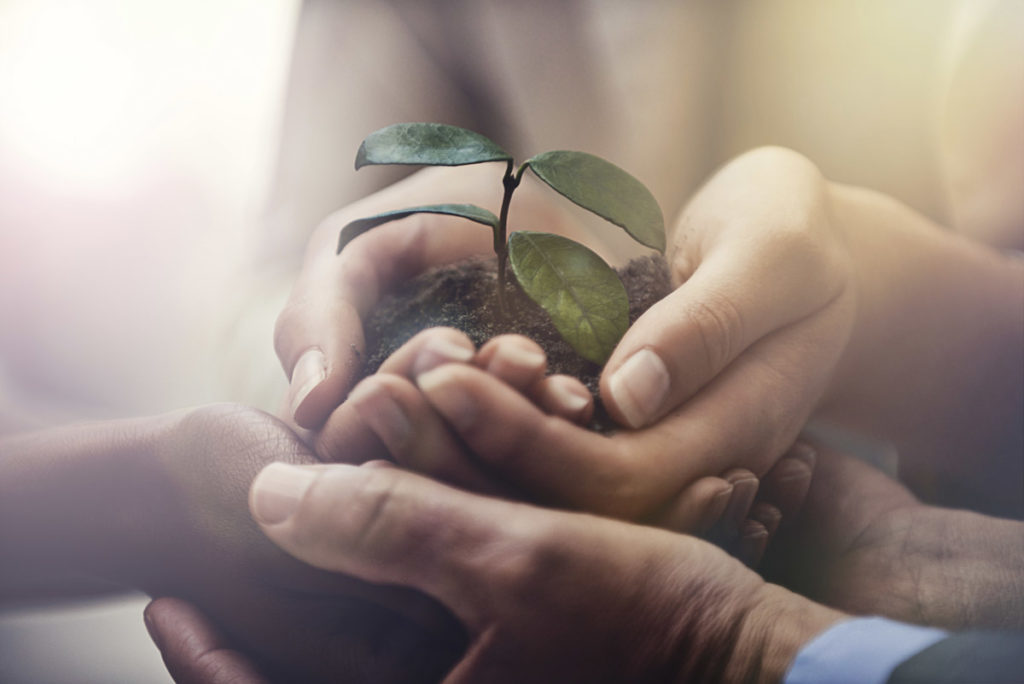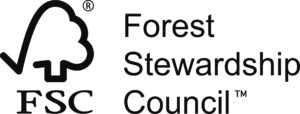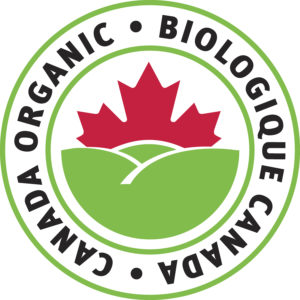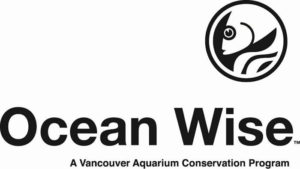With go green ideas, businesses often switch from ‘non-green’ products to another. But the terms ‘organic’ or ‘Fairtrade’ can become vague when assessing the products you should switch to vs. the cost difference.
With so many certifications out there for all the products your green business uses and serves, here’s a guide to understanding the top 5 eco-labels our customers use and whether it’s worth supporting them.
-
Forest Stewardship Council (FSC Certified)
The Forest Stewardship Council (FCS) protects and ensures responsible stewardship of our forests. To achieve FSC certification, products such as paper and wood must be made from materials sourced from forested areas that are responsibly managed in accordance to FSC principles. Forestry owners and managers choose the correct certification for them depending on their product and the certification is valid for 5 years.
What products should businesses buy?
Generally, businesses purchase paper with the FSC logo on it, but you can also purchase wood and other building products. First ask your existing construction and office suppliers if they carry FSC certified products, then check the Marketplace section on the FSC Canada website.
Is it worth it?
Yes. Choosing FSC products ensures your business is supporting the responsible forestry management practices that ensure the health of forest ecosystems for future generations. Read more from the Nature Conservancy.
-
Certified Organic
In Canada, being certified organic is very specific and rigorous. The Canadian Food Inspection Agency (CFIA) is responsible for monitoring and enforcing the Organic Products Regulations, 2009. There are a lot of acts and regulations that agricultural products made or sold in Canada must comply with, so the CFIA relies on several organizations they have been accredited to certify agricultural products as organic in accordance with the requirements of the Canada Organic Regime. There are also Conformity Verification Bodies like the Certified Organic Association of BC that are designated by the CFIA to assess, recommend and monitor certification bodies. If all standards are met, the product may show the Canada Certified Organic logo.
Where can businesses find products?
Look for the labels on product shelves.
Is it worth it?
For the most part, yes. 58% of Canadian consumers buy organic each week and this number is growing. Supporting producers that have gone through the rigorous process to become certified organic deserve our support. But buying certified organic doesn’t mean you will be completely chemical free though, as Health Canada has suggested that as long as the product is below the Maximum Residue Limit (which is 5% for pesticides) then it’s safe for consumption.
However, if you can get organic food from non-certified sources (such as a local farm you have visited and trust their practices), then try to buy your food as close to your home and/or business as possible.
-
Ocean Wise
This Vancouver Aquarium initiative was created to educate consumers and businesses on issues associated with sustainable seafood. Restaurants that sell Ocean Wise seafood must join the Ocean Wise program and follow the guidelines to ensure that at least one menu item is changed in order to comply with sustainable option standards. On the menu, the Ocean Wise logo is used beside different dishes to identify sustainable options to your guests. Over time the goal is for the restaurant to switch out more menu items until reaching a fully sustainable seafood menu.
Where can businesses find products?
You can search and support Ocean Wise restaurants, or you can make better consumption choices by searching the Seafood Items Listing.
Is it worth it?
Most definitely. Overfishing and overharvesting seafood has the potential to cause a worldwide fisheries collapse. Education and support is the best way to change consumer habits to avoid contributing to this growing problem.
-
Fairtrade
Fairtrade.ca is part of an international organization that works to empower farmers and workers around the globe by creating economic security and self-sufficiency. Fairtrade workers receive a fair wage and reliable income with Fairtrade Minimum Prices and a Fairtrade Premium. This premium goes into a communal fund for community or environmental improvement.
To obtain Fairtrade certification and use of the logo, strict standards must be met. These standards were created and agreed upon through consultation with members of the Fairtrade scheme including the farmers and workers in developing nations. Each product must be individually approved and certified.
What products should businesses buy?
Look at the food and clothing products you currently buy. This list usually includes coffee, tea, chocolate, sugar, bananas and clothing. Businesses can purchase and use Fairtrade products, usually found where you normally purchase food. If you are going to sell Fairtrade products, you may need a license.
Is it worth it?
Yes! There are endless benefits to supporting Fairtrade. Fairtrade chocolate bars and most other items do cost more than a non certified alternatives, but by providing it to your guests or customers you are setting an example that your business cares about more than just profit.
-
EcoLogo
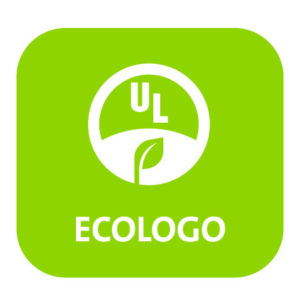
EcoLogo is a certification program owned by Unilever for a wide variety of products including cleaning supplies, green building materials, and electronics. To obtain EcoLogo certification, strict scientific standards (such as ISO) are met along with third-party audits and testing.
Where can businesses find products?
Most EcoLogo products are on store shelves and product guides already. You can search UniLevers’ extensive Sustainable Product Guide, which breaks the products into a variety of categories. Search for the products you already use to see if they’re in there (or look on the label of your product). You can find alternatives, but there isn’t much information about the ingredients in this database.
Is it worth it?
Maybe… it does depend on the product. If you’re doing any green building projects, using EcoLogo products is very worthwhile since the Sustainable Product Guide tells you if there are any sustainable building programs (such as LEED or International Green Construction Code) that the product will receive credit for.
There are several other certifications and eco-logos businesses can use but these are the five we find most common. Going green can be daunting, but using organizations that have done a lot of the leg work for you is a great place to start.

